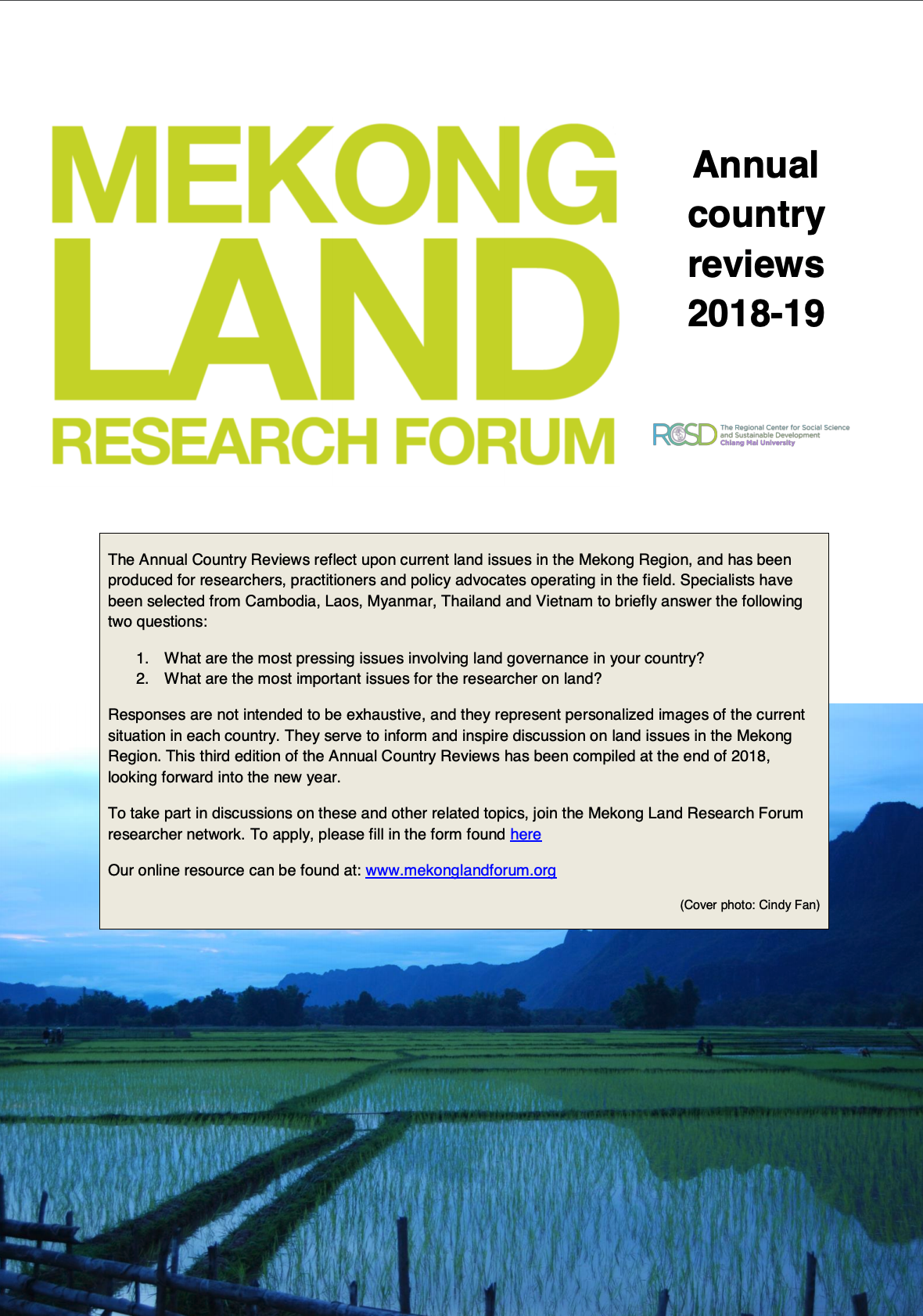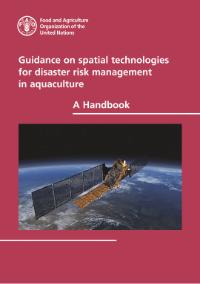Climate change and green grabbing/resource grabbing together call for nuanced understanding of governance imperatives, and for constructing a knowledge base appropriate to political intervention. This paper offers preliminary ways in which interconnections can be seen and understood, and their…
Milones de personas de todo el mundo dependen de recursos naturales, como la tierra, la pesca y los bosques, que se utilizan de manera colectiva como propiedadescomunales. Estas son fundamentales para la cultura, el bienestar y la identidad cultural. Como fuente de alimentos e ingresos,…
Mainland Southeast Asia (MSA) has seen sweeping upland land use changes in the past decades, with transition from primarily subsistence shifting cultivation to annual commodity cropping. This transition holds implications for local upland communities and ecosystems. Due to its particular…
Mainland Southeast Asia (MSA) has seen sweeping upland land use changes in the past decades, with transition from primarily subsistence shifting cultivation to annual commodity cropping. This transition holds implications for local upland communities and ecosystems. Due to its particular…
The Annual Country Reviews reflect upon current land issues in the Mekong Region, and has been produced for researchers, practitioners and policy advocates operating in the field. Specialists have been selected from Cambodia, Laos, Myanmar, Thailand and Vietnam to briefly answer the following…
The project brief includes information about the details of the project, the background, objective, description and key achievements of the project.It also mentions about how the project will implement the operations to achieve Sustainable Development Goals of FAO in line with the Strategic…
The residents of the Ganges and Mekong River deltas face serious challenges from rising sea levels, saltwater intrusion, pollution from upstream sources, growing populations, and infrastructure that no longer works as planned. In both deltas, scientists working for nearly two decades with…
This new guide describes the application of spatial technology to improve disaster risk management (DRM) within the aquaculture sector. DRM requires interrelated actions and activities to ensure early warning, prevention, preparedness, response and recovery for a wide range of natural,…
This new guide describes the application of spatial technology to improve disaster risk management (DRM) within the aquaculture sector. DRM requires interrelated actions and activities to ensure early warning, prevention, preparedness, response and recovery for a wide range of natural,…
The Promotion of Indigenous Nature Together (POINT) is a local non-profit organisation and a member of the Asian Indigenous Peoples Pact (AIPP). To deal with the problems caused by the progressive loss of indigenous knowledge, POINT decided to study the traditional forest management practices of…
It is well known that in many rural communities in the developing world, forests, particularly those under community management, are important for people’s livelihoods. However, studies on the contribution of forests to the income of different households within a community are rare, including…
As Chinese investment in foreign land and agriculture expands dramatically worldwide, a growing body of research has emerged on the prevalence of land deals in Latin America and Africa. Southeast Asia, however, has only recently begun to receive significant attention in these discussions. A…











